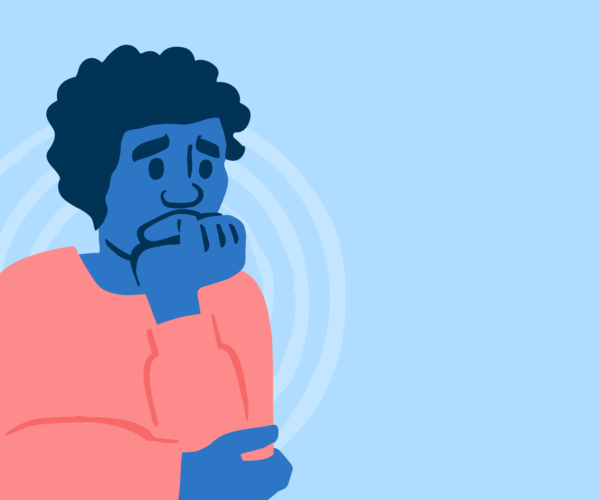People with anxiety disorders usually worry and fret excessively over commonplace events. General Anxiety Disorder is a condition that affects many persons who have mental health issues. According to my observations, those who deal with depression frequently also have some degree of anxiety, and vice versa. Myths and misconceptions about anxiety develop because those who have never experienced it sometimes cannot comprehend the emotions and issues experienced by sufferers.
Contacting Improving Lives Counseling Services is advisable.
Here are a few of the most widespread misconceptions about anxiety:
- Assumption: It is not a genuine medical issue.
The psychiatric condition known as anxiety is defined by excessive and unreasonable feelings of fear and dread together with hyperactivity of the autonomic nervous system.
Anxiety disorders receive one-third of the money allocated to care for mental illnesses.
- Assumption: This is just a short-term issue.
A person’s anxiety can be “cut down” by being aware of the distinction between actual and imagined danger. Remembering that anxiety is temporary is essential. Good self-work will result in beneficial changes. Untreated anxiety can result in lifetime problems with confidence and self-esteem.
- Assumption: Anxiety only affects weak people.
A lot of people who appear to be a happy and prosperous struggle with anxiety disorders. For instance, they may do this out of fear that they will not live up to their own or other people’s expectations.
- Assumption: The only cure is medication.
When someone with anxiety asks for help, more tests are ordered to verify or rule out severe disability. It is advised to do the following tests first:
- Anxiety – can result from hormone imbalances related to the thyroid.
- Blood sugar levels – An anxiety episode may be brought on by low blood sugar.
- Food sensitivity – Allergies to particular foods, such as spicy food or caffeine, may worsen some anxiety symptoms.
- Low iron levels – have been linked to symptoms of anxiety. However, if everything is medically okay, it is conceivable that the “issues” with the heart are merely a symptom of anxiety. Frequent arrhythmias or tachycardia can often generate panic and anxiety.
- Cortisol – levels should be checked because high cortisol levels might exacerbate anxiety symptoms. How does a therapist assist? Examining the character’s psychological makeup, habits, and lifestyle comes next after ruling out the aforementioned potential explanations.
- Assumption: Stress itself can cause death
Anxiety is an inflated, unwarranted fear that is out of proportion to the threat that actually exists. It frequently occurs that those close to the affected individual believe that they are only trying to draw attention to themselves. The exact opposite happens. Distracting someone experiencing an anxiety attack will help them feel less uncomfortable.




